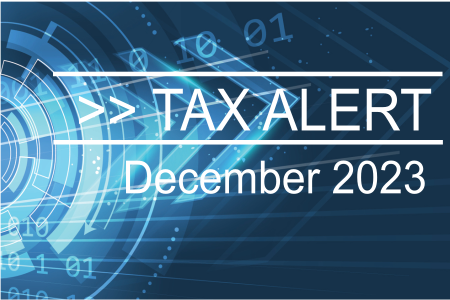With money becoming tighter as inflation rises, many people are looking to make some extra income from a ‘side hustle’.

As we move towards a cashless society and transact more online, it’s becoming easier for the ATO to follow the money trail. Whether you rent your caravan on Camplify, or even if you simply sell household items on Gumtree, the tax man will be paying attention.
Not all online income needs to be declared, but it’s important to understand the difference between an online hobby and a business. Otherwise, you could find yourself with an unexpected tax bill.
Business or a hobby?
Even with a well-paying day job, many people have an online side hustle for fun or to earn extra cash.
Whether your online activity is just a hobby or a business makes a big difference.
Income earned from hobby activities is non-assessable for tax purposes, while income from a business is assessable and must be declared in your tax return. This could include revenue from an eBay shop, rental income through platforms such as Stayz, and fees from work sourced from Airtasker.
There is no legislative definition of ‘carrying on a business’, but the ATO provides a series of questions to help you decide.
For example:
- Do you have an online ‘shop’ and pay fees?
- Is your main intention to make a profit?
- Do you make regular sales?
- Do you manage your online sales activities as if they are a business?
- Do you advertise your online space?
- Do you keep records and have a business plan?
Every ‘yes’ means you are more likely to be carrying on a business.
Side businesses and tax
Where your side activities are a business, you must declare all your secondary income, regardless of how much or how little you make each year.
If your side hustle is considered a business for tax purposes, it means your business-related costs are tax deductible and you may be able to access the various business tax concessions on offer.
For side businesses where your annual turnover exceeds $75,000, you need to register for GST. This tax needs to be added to all your taxable sales and paid to the ATO every quarter.
With online activities that remain a hobby the income is non-assessable and you do not have compliance obligations, but you can’t claim a deduction for your costs.
ATO surveillance and data-matching
Although some taxpayers think their online hustle will go unnoticed, the ATO has vast data-matching powers to help it identify any unreported income – wherever it is earnt.
In recent years the tax regulator has made it clear online generated revenue is an important target for its non-compliance surveillance activities.
The ATO receives and collates information from a wide range of third-party sources, including banks, payment systems and online selling platforms providers such as eBay, Amazon Commercial Services, Airbnb and Uber. More than 600 million transactions are reported to the tax office each year.
The ATO also has the power to collect information for its data-matching projects to address concerns about specific industries, issues or tax risks, and one of its ‘special purpose acquisition data’ programs covers online selling.
Under its online selling data-matching program, the ATO tracks the activity of registered online sellers and obtains details of businesses with annual trading activity in goods and services of $12,000 or more.
Get professional assistance
If your side hustle is successful and becomes more than a spare time activity, it makes sense to talk to an accounting professional well before tax time. We can help you decide whether your activities will be considered a hobby or a business.
A business must substantiate any tax deductions it claims, so you need to keep detailed records of all your business-related activities and ensure you lodge your business activity statements (BAS) and tax returns.
We can also help you work through your tax obligations such applying for an ABN, registering for GST, and establishing a proper recordkeeping system for your income and expenses. You may also need help with preparing and lodging your quarterly BAS.
If you need assistance with your growing online side business or meeting your tax obligations, call our office today.
ATO case study – Selling online as a hobby
Marika wants to get rid of some of the excess clothing in her wardrobe, so she lists the items on the internet for individual sale.
Some of the items sell for more than the price she paid, some for less. Marika charges buyers postage and receives a total of $2,075.
Marika is not carrying on a business as she:
- did nothing to improve the value of the items
- does not sell any more items for a long time
- does not pay the online auction site for a ‘shop’ space
- generally receives less than the original purchase price of the clothes
- has no intention to sell clothes online as a business.
Did you enjoy this article?
Click below to share it
More News Articles

What the 2025 Federal Budget Means for you
Treasurer Jim Chalmers’ fourth federal budget
was just announced

Retirement Planning: It’s Not all About the Money
Retirement is often a massive life change for the majority of people who experience it

FBT – How Fringe Benefits Tax Works
FBT is separate to income tax. It’s calculated on the taxable value of the fringe benefit

Tax Alert December 2023
The ATO is getting back to business with it’s lenient approach during the pandemic over, it’s focus now is returning to traditional debt collection

How a Super Recontribution Strategy Could Improve Your Tax Position
The main reason for implementing a recontribution strategy is to reduce the taxable component of your super and increase the tax-free component

Rental investor? How to Get Your Tax Return Right
Extra care is needed when lodging returns with rentals
Connect Through our Socials
While you may have come to us from a variety of sources, the time has never been better to join us.
Connect through out socials to keep up to date with our latest news and get some tips.




